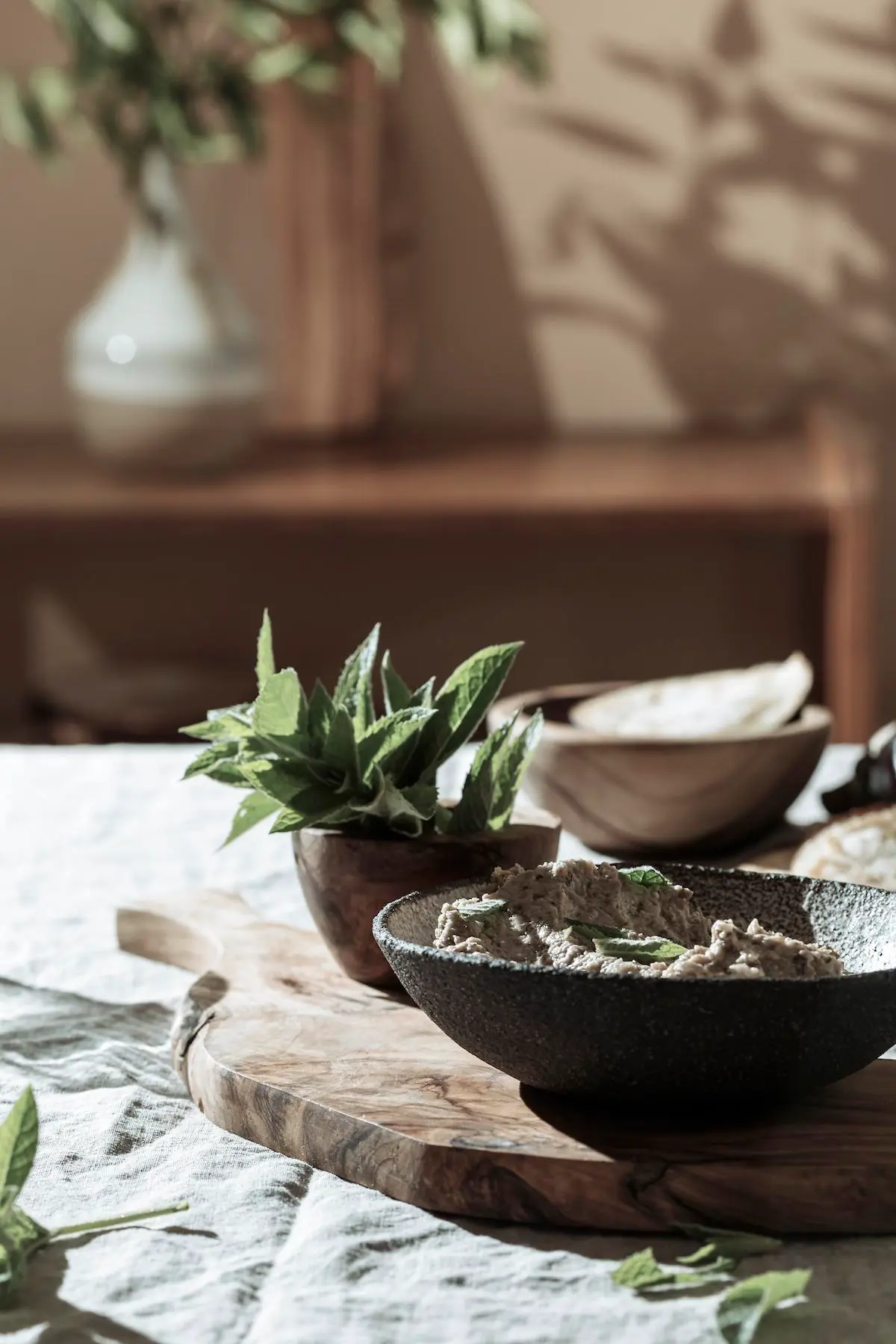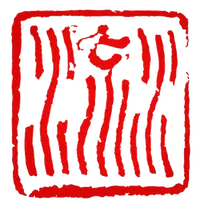Nourishing Life Therapy
Nourishing Life therapy places great emphasis on the importance of lifestyle habits, believing that daily behaviors and choices directly affect an individual’s health status. Exercise is considered an effective means of self-care in this approach, not only enhancing physical fitness but also promoting psychological well-being. For instance, well-known health-preserving exercises like Tai Ji and Qi Gong not only enhance bodily flexibility and balance but also alleviate stress and uplift one’s mood.
Components Of Nourishing Life Therapy
Dietary therapy is also an indispensable part of health preservation therapy, advocating for internal body adjustments through a balanced diet. In the concept of health preservation in Traditional Chinese Medicine, “food therapy” pays attention not just to nutritional content but also to the nature and effects of food, such as determining whether a particular food is “cold” or “hot” in nature. Overall, health preservation therapy aims to achieve internal and external harmony of the human body by comprehensively applying lifestyle habits, exercise, and dietary therapy, thereby improving the quality of life.

Harmonizing Lifestyle With Seasons
According to Traditional Chinese Medicine, lifestyle habits are not static but should be adapted to align with the changing seasons. The principle stems from the belief that humans are interconnected with nature, and our bodies undergo various changes as the environment around us shifts.

Spring
Spring is a season associated with growth and renewal, it is recommended to wake up early and engage in light stretching or exercise to get the body moving. Foods that help to detoxify the liver, such as green leafy vegetables, are particularly emphasized.

Summer
Summer is a time of maximum activity and is associated with the heart. It’s recommended to engage in more dynamic activities but also to take some time for relaxation to avoid overheating the body. Foods like watermelon, cucumber, and mint can be beneficial to cool down the body.

Autumn
Autumn is a season for harvesting and preparing for the colder months. It’s a time to focus on lung health, which can be done by practicing breathing exercises and enjoying walks in the fresh air. Pungent foods like ginger and garlic are recommended to help in the transition.

Winter
Winter is a time for conservation and storage in Chinese Medicine. It is advisable to get more sleep and avoid strenuous activities. Kidney health is the focus, and foods that are rich in minerals and nutrients, like root vegetables and bone broths, are highly recommended.
According to Traditional Chinese Medicine, lifestyle habits are not static but should be adapted to align with the changing seasons. The principle stems from the belief that humans are interconnected with nature, and our bodies undergo various changes as the environment around us shifts.

Holistic Approach to Detox in Lifestyle Therapy
Lifestyle therapy often incorporates the concept of detoxification, or detox, as a way to cleanse the body of toxins and improve overall health. In modern settings, “detox” has become a buzzword, often associated with short-term diets, juice cleanses, and other fast solutions. However, in the context of lifestyle therapy, especially one rooted in Chinese Medicine, detox is viewed as a holistic, ongoing process that includes a variety of components beyond just diet.
Detox Methods and Herbal Remedies
Detox may incorporate detox methods such as herbal remedies, and practices to improve digestive health like fasting or consuming probiotics. These methods can support the body’s natural detoxification pathways, which include the liver, kidneys, digestive system, and skin.
Emotional Detox and Stress Management
Emotional detox is another component that’s increasingly recognized as important in lifestyle therapy. This can involve stress management techniques such as meditation, deep-breathing exercises, and mindfulness practices, which aim to clear the mind and reduce the toxic load of stress on the body.
In the context of lifestyle therapy, detox is not merely a quick solution but rather a sustained, holistic approach to well-being. It combines dietary choices, physical activity, emotional well-being, and other practices to encourage the body’s natural abilities to cleanse itself, thereby promoting long-term health and wellness.
